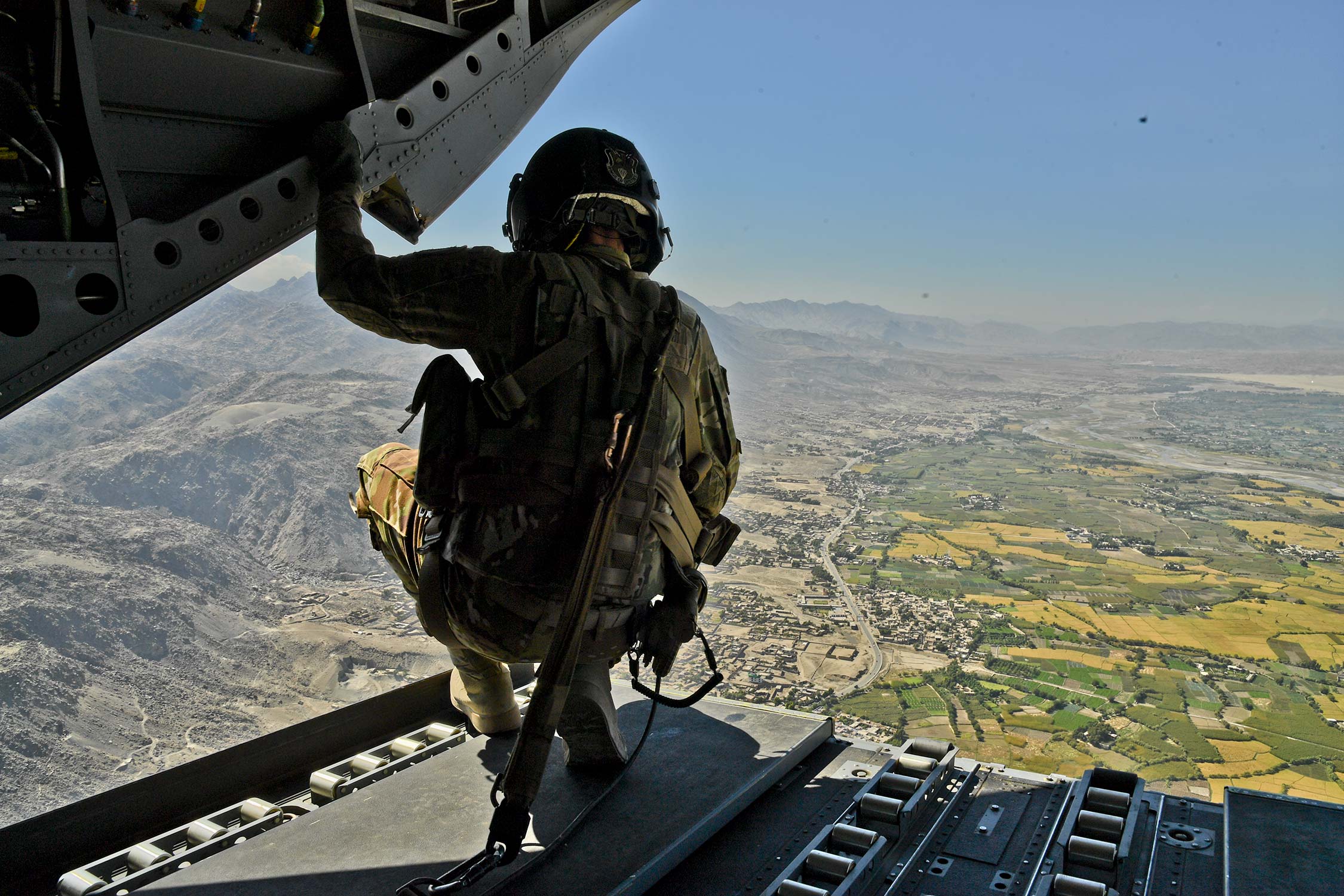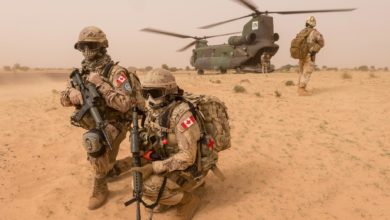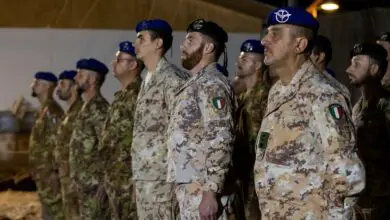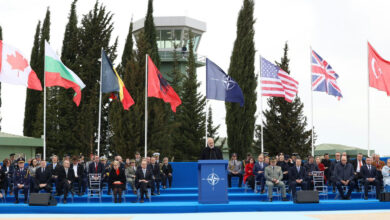Trump plans ‘significant withdrawal’ of US troops from Afghanistan
President Donald Trump has decided to pull a significant number of troops from Afghanistan, a U.S. official told AFP on Thursday, December 21, a day after he announced a withdrawal from Syria.
“That decision has been made. There will be a significant withdrawal,” the official told AFP on condition of anonymity.
The United States first sent troops to Afghanistan in response to the September 11, 2001 attacks, and there are now around 14,000 U.S. troops in the country, working with NATO’s Resolute Support non-combat mission to train, advise and assist the Afghan security forces, or in separate counter-terrorism operations.
More than 2,400 U.S. personnel have been killed in the conflict, and more than $900 billion has been spent.
The news was first published by the Wall Street Journal which reported that more than 7,000 troops would be returning from Afghanistan; AP put the figure at up to half of the 14,000 currently deployed; CNN reported nearly 7,000 troops will be withdrawn; and Reuters reported that more than 5,000 troops would be withdrawn.
Trump made his decision on Tuesday, the same time he told the Pentagon he wanted to pull all U.S. forces out of Syria, AFP reported.
One official told Reuters that verbal orders had been issued to begin planning the Afghanistan drawdown and that it could happen in weeks or months.
“If you’re the Taliban, Christmas has come early,” a senior foreign official in Kabul told AFP on the condition of anonymity.
“Would you be thinking of a ceasefire if your main opponent has just withdrawn half their troops?”
Taliban spokesperson Zabiullah Mujahid would not comment about the troop withdrawal when contacted by AFP, but a senior Taliban commander welcomed the decision.
“Frankly speaking we weren’t expecting that immediate U.S. response,” the official told AFP from an unknown location in northwest Pakistan.
“We are more than happy, they realised the truth. We are expecting more good news.”
It is not clear if U.S. peace envoy Zalmay Khalilzad or the Afghan government had been warned of Trump’s plans in advance.
But a spokesperson for Afghan President Ashraf Ghani downplayed the effect of any pullout.
“If they withdraw from Afghanistan it will not have a security impact because in the last four and half years the Afghans have been in full control,” presidential spokesperson Haroon Chakhansuri said via social media
Earlier on Thursday, Defense Secretary James Mattis announced in a letter to Trump that he would step down on February 28, 2019, saying his views were no longer reconcilable with the president’s.
“While the U.S. remains the indispensable nation in the free world, we cannot protect our interests or serve that role effectively without maintaining strong alliances and showing respect to those allies,” Mattis wrote.
“My views on treating allies with respect and also being clear-eyed about both malign actors and strategic competitors are strongly held and informed by over four decades’ immersion in these issues,” Mattis wrote to Trump, who has sought closer ties with Russia and heaped contempt on NATO and other alliances.
Trump’s twin foreign policy decisions on Syria and Afghanistan are nothing less than epic, and could begin a series of cascading and unpredictable events across the Middle East and in Afghanistan.
Mattis and other top military advisors last year persuaded Trump to commit thousands of new troops to Afghanistan, where the Taliban were killing local forces in the thousands and making major gains.
Trump at the time said his instinct was to get out of Afghanistan.
Faltering Afghanistan peace talks
The pull out comes as a U.S. push for a peace deal with the Taliban appeared to be faltering.
The United Arab Emirates said on Wednesday that two days of talks it hosted between U.S. and Taliban officials with Saudi Arabia and Pakistan in attendance produced tangible and positive results.
An Afghan negotiating team travelled to Abu Dhabi for proximity talks in preparation for face-to-face meetings, but Taliban negotiators refused to meet them.
U.S. envoy Khalilzad said on Wednesday he had “productive” meetings in the United Arab Emirates with Afghan and international partners “to promote intra-Afghan dialogue towards ending the conflict.”
But on Thursday, Khalilzad raised doubts about the Taliban’s desire to end the 17-year war.
“We have to wait and see their forthcoming steps,” Khalilzad told Ariana News, according to a translation of the interview provided by the U.S. embassy in Kabul.
“If the Taliban are really seeking peace, they have to sit with the Afghan government ultimately to reach an agreement on the future political settlement in Afghanistan,” he said.
With reporting from AFP












3 Comments